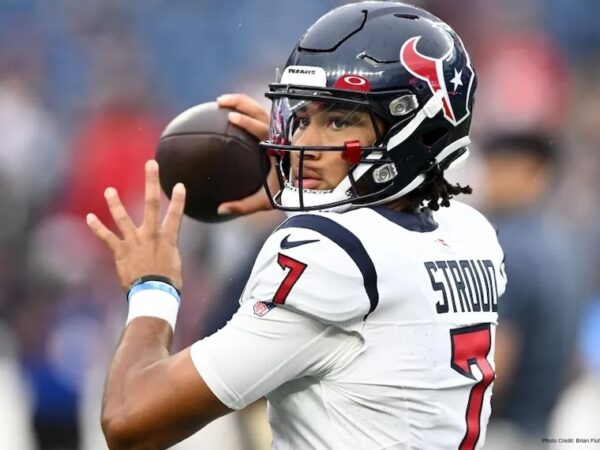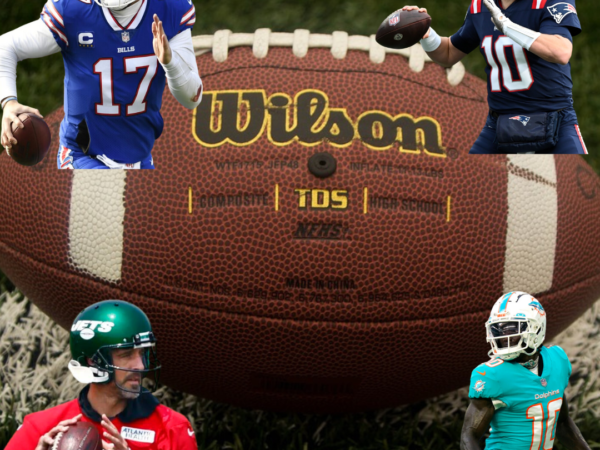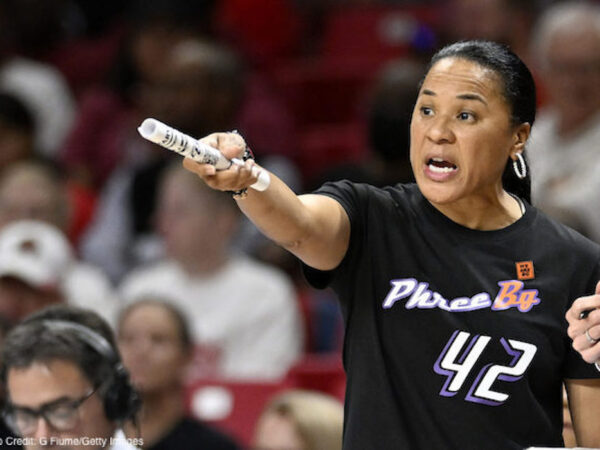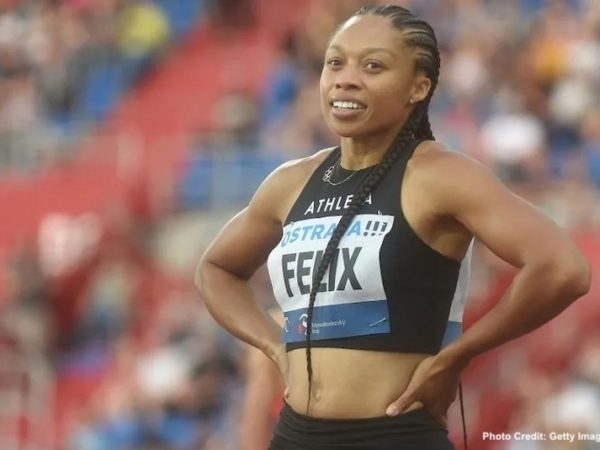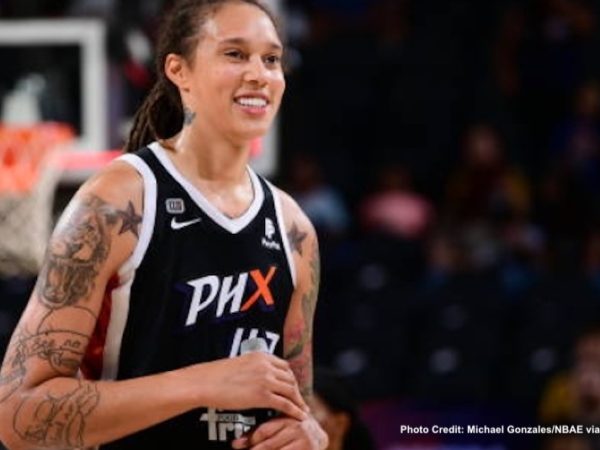Near the end of 2017, Jami Cantor a former stylist at the NFL Network filed an official complaint against NFL Enterprises. In her complaint, Cantor alleges sexual misconduct by former employers, and is seeking financial damages for “mental, emotional and economic injuries,” arising from “unlawful discrimination and retaliation.”
The original complaint was devoid of any named parties responsible for the creation of a hostile work environment, and was later amended to include several current and former employees of the network. Laura Horton, Cantor’s attorney, stated that she had to amend the original complaint for “procedural reasons” but upon her amending “thought it was appropriate to add the names.”
Cantor began working for the League’s network in 2006, where she claims she was “subjected to ongoing and continuing sexual harassment by current and former on air talent and other employees of [the] NFL.” Cantor was fired from the network in 2016 after she was accused of theft. Not only did she deny these claims, but she contends that her firing was retaliatory after she complained about the multiple instances of sexual misconduct.
The facts of her complaint are unsettling, claiming that Cantor received “sexually explicit texts,” unwanted pictures, and multiple instances of unwanted physical contact from fellow employees. The men specifically named in the formal complaint include former executive producer Eric Weinberger, on-air hosts Marshall Faulk, Ike Taylor, Eric Davis, Warren Sapp, Donavan McNabb, Heath Evans, and Marc Watts. Specifically, Cantor claimed that Faulk groped her and asked “deeply personal and invasive questions” about her sex life. In one of the more notable allegations, Cantor alleged that Sapp gave out sex toys for Christmas gifts for three years in a row. The main claims purported by Cantor are for gender and age discrimination (she was 51 when she was fired) in addition to the sexual harassment and hostile workplace claims.
Of course, the attorneys for the League are obliged to be zealous advocates for their clients. However, in their response to Cantor’s allegations, to which the League believes to be “frivolous,” the NFL denied the allegations against the talent in almost fifty defenses, including a “failure to adequately report the supposed harassment to her supervisors,” and “failure to use ordinary care and diligence in performance of job duties.” The League also downplayed the alleged behavior as being neither “pervasive” nor “outrageous”, adding that cantor “consented to,” the behavior “through her actions.”
In their sixteenth defense, the NFL responded that Cantor’s “injuries” were a result of a failure to exercise reasonable care “she purportedly suffered,” due to an unreasonable failure to utilize “internal complaint procedures.” In her complaint, Cantor stated that she informed the talent coordinator for the network, Marc Watts, of the various incidents, and was told that such behavior was “part of the job when [Cantor looks] the way [she does].”
Commissioner Roger Goodell made an official statement to the press soon after Cantor’s complaint was filed, stating that sexual misconduct is an issue that is “important to [the League]” adding that the NFL wants to “make sure that all of our employees, whether at the NFL Network or at the league office or at clubs, are working in a safe and comfortable environment.” The League’s most recent Personal Conduct Policy states that “Everyone who is a part of the league must refrain from ‘conduct detrimental to the integrity of and public confidence in’ the NFL.” explicitly including the NFL Network. The policy goes on to state that, “We must endeavor at all times to be people of high character; we must show respect for others inside and outside our workplace; and we must strive to conduct ourselves in ways that favorably reflect on ourselves.”
The league policy’s enumerated list of prohibited conduct includes “Violent or threatening behavior toward another employee…in any workplace setting,” “disorderly conduct” and any “… Conduct that undermines or puts at risk the integrity of the NFL, …” When misconduct is reported, the policy requires that a disciplinary member “highly-qualified…with a criminal justice background” will recommend disciplinary action to the Commissioner, who will then “communicate his decision…regarding any disciplinary action to be taken.”
In December, over two months after the amended complaint was filed and immediately after the attorneys for the League had filed their response, Faulk, Taylor and Evans were “suspended from their duties at NFL Network pending an investigation” to the allegations. ESPN vice president of communications Josh Krulewitz also issued a statement that Donavan McNabb and Eric Davis were suspended adding that McNabb and Davis would “not appear on [ESPN] networks [while] the investigation proceeds,” In January, ESPN announced that it had fired McNabb and Davis.
Regarding the allegations against Eric Weinberger, a spokesperson for The Ringer, a Sports Illustrated website and podcast network founded by Bill Simmons issued a statement, calling the allegations “very serious and disturbing” and that they would be placing Weinberger “on leave indefinitely” until SI had a “better understanding of what transpired during [Weinberger’s] time at the NFL.”
Other women within sports media came forward after Cantor’s original complaint. Lindsay McCormick, a former employee with the NFL Network claimed that she was once asked if she planned to get “knocked up immediately like the rest of [the female employees].” Lisa Guererro, a former sportscaster also claimed that she was “bombarded” with questions about the allegations in wake of the complaint, adding that “Yes. They did it.”
ESPN has faced similar controversy in recent weeks, adding to the #MeToo momentum of outing sexual misconduct. Former legal analyst Adrienne Lawrence filed a complaint with the network alleging misconduct specifically from John Buccigross, an anchor on SportsCenter. Lawrence’s complaint is particularly problematic for the network, given the proximate timing of her termination to her complaints filed within the network’s human resources department.
Since the filing of the original complaint, very few of the parties named by Cantor have been released by the network. Taylor was released in March of 2018 after the NFL concluded its internal investigation. Faulk and Evans remain suspended pending a decision from the Commissioner after the investigation concludes, but have not been permitted to return to their work with the network. Eric Weinberger “mutually parted ways” with The Ringer after being on leave for three months. The lawsuit is still ongoing, and Cantor has not commented on the likelihood of settlement.



